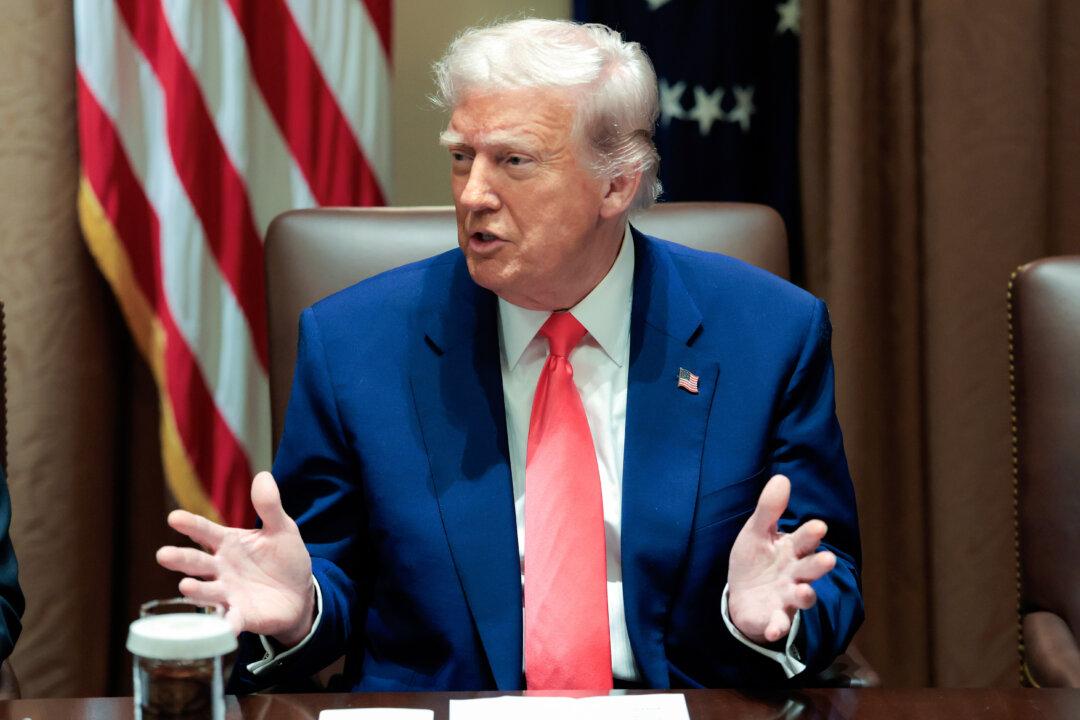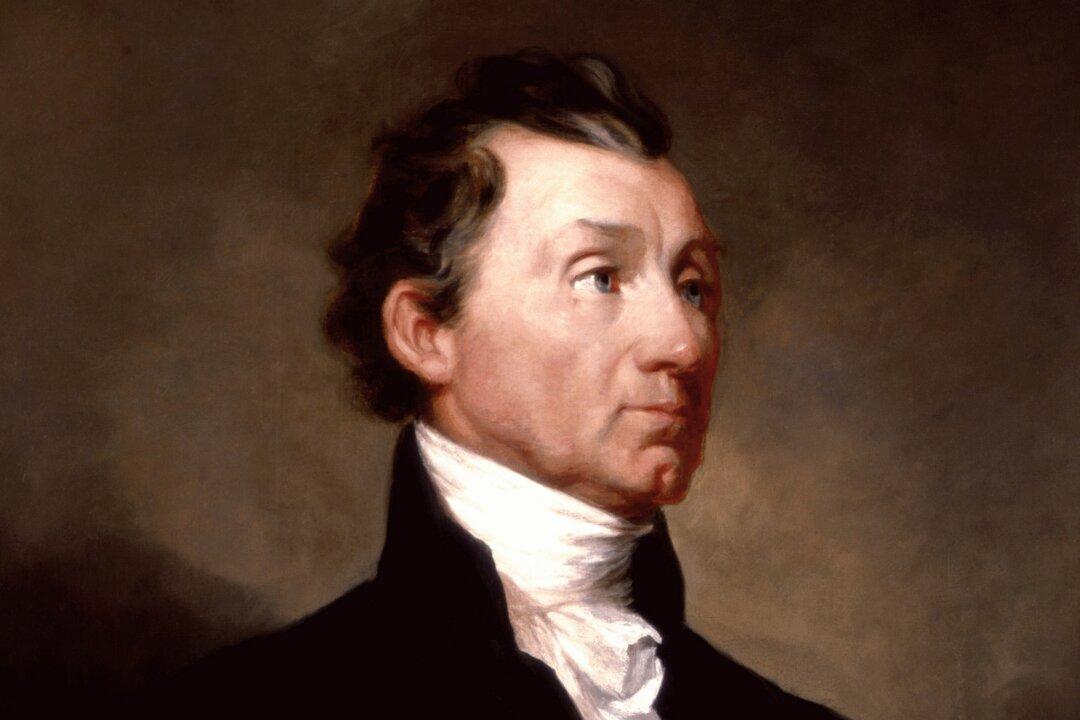Commentary
The Trump administration’s reciprocal tariffs have caused stock markets to panic and U.S. trading partners and President Donald Trump’s domestic political opponents to complain about harmful “trade wars.” Some partisan economists have compared Trump’s tariffs to the infamous Smoot-Hawley tariff of 1930, which is often blamed for prolonging the Great Depression, although Amity Shlaes among others have placed greater blame for this on FDR’s New Deal policies. What is missing from most of the reactions to Trump’s tariffs, however, is an appreciation for their contribution to the administration’s larger geopolitical strategy.



